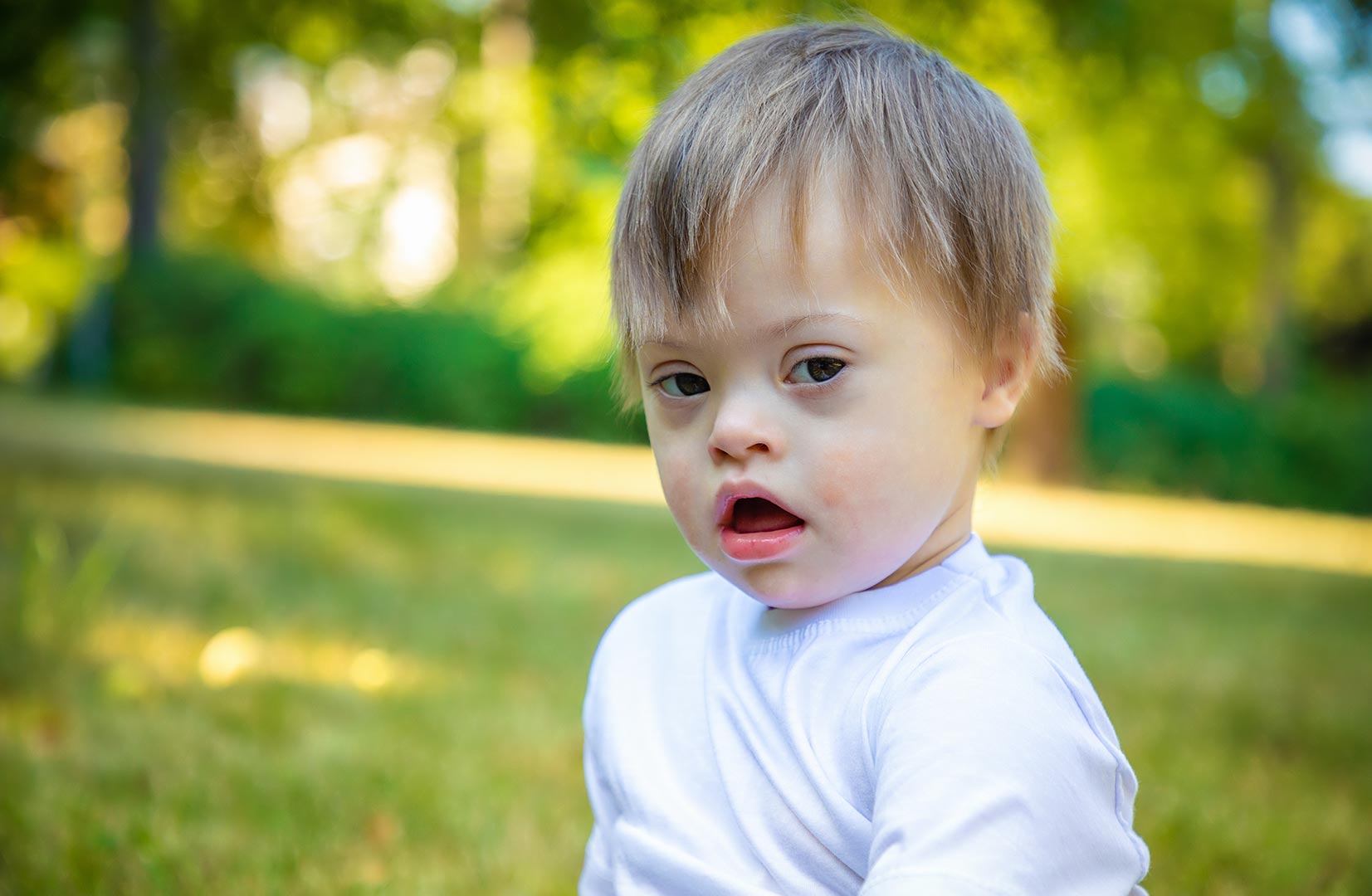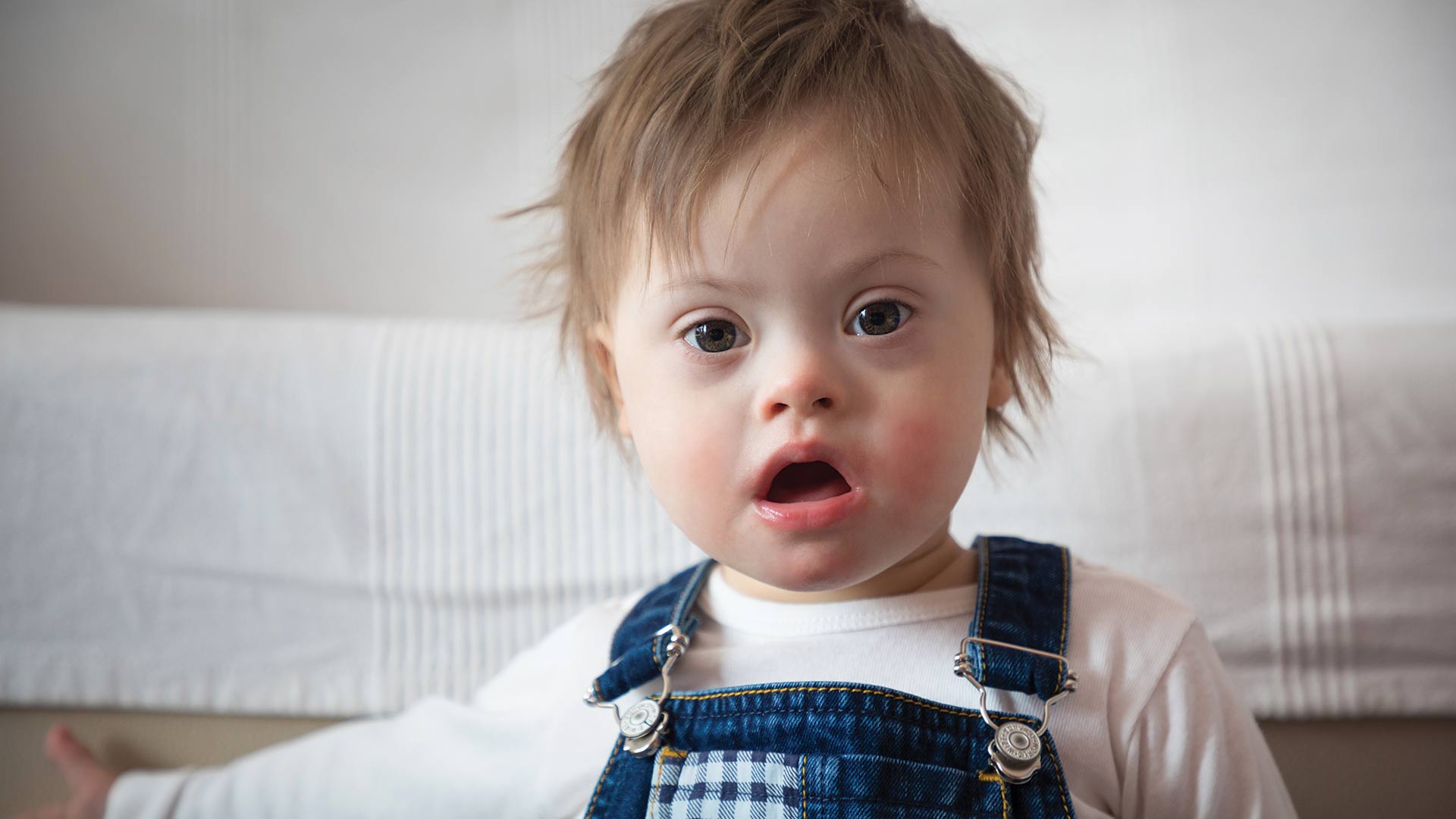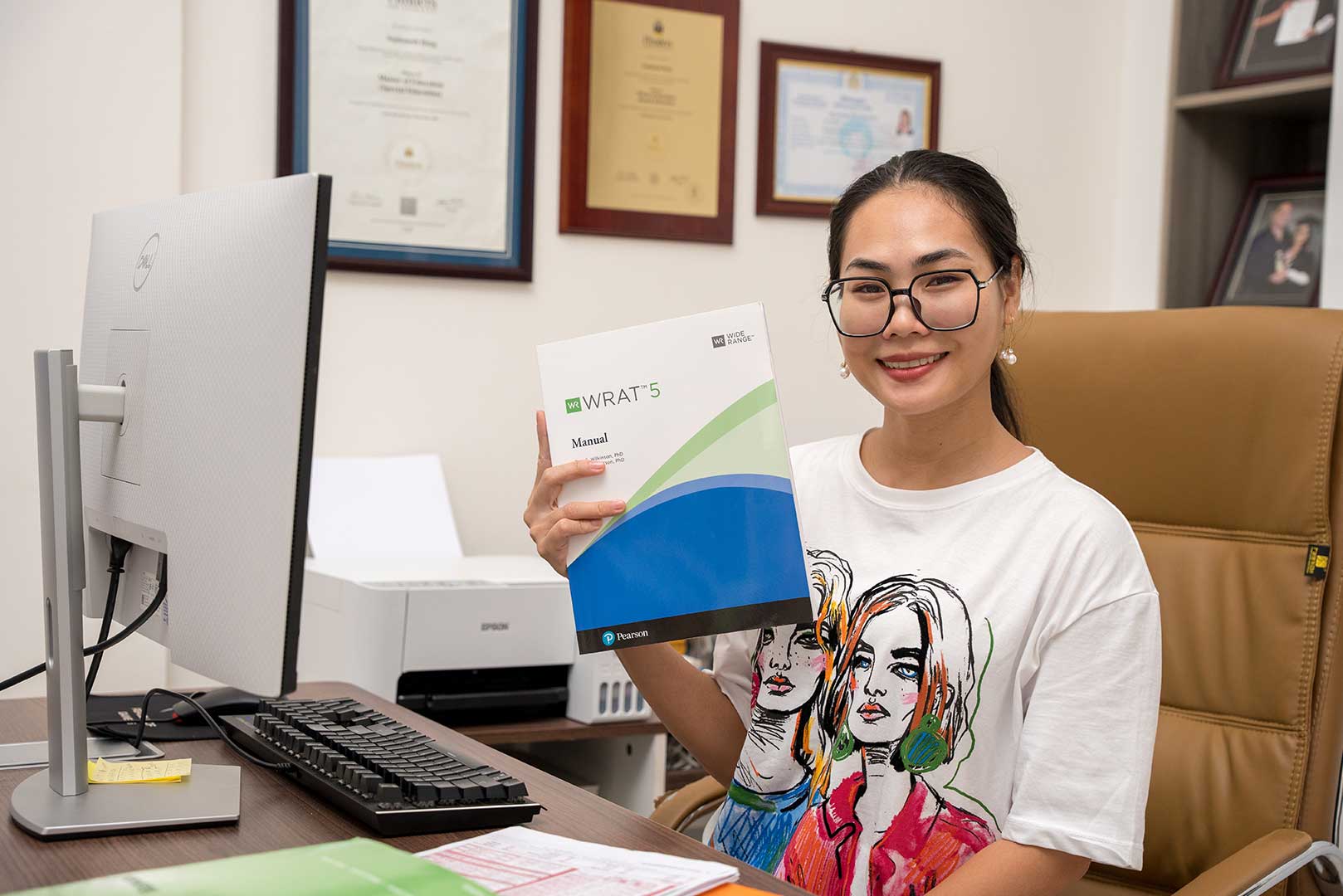Down syndrome is a genetic condition that occurs when a person has an extra full or partial copy of chromosome 21. This extra genetic material causes the developmental changes and physical features of Down syndrome.
Types of Down syndrome
There are three main types of Down syndrome:
- Trisomy 21: This is the most common type of Down syndrome, accounting for about 95% of cases. It occurs when a person has three copies of chromosome 21 in all of their cells.
- Translocation Down syndrome: This type of Down syndrome occurs when an extra part of chromosome 21 breaks off and attaches to another chromosome. This happens in about 4% of cases.
- Mosaic Down syndrome: This type of Down syndrome occurs when some cells in the body have three copies of chromosome 21 and other cells have two copies. This happens in about 1% of cases.
Causes of Down syndrome
The cause of Down syndrome is not fully understood. However, it is known that Down syndrome is caused by an error in cell division called nondisjunction. Nondisjunction occurs when two copies of chromosome 21 fail to separate during cell division. This can happen in the egg cell, the sperm cell, or during early development of the embryo.
Symptoms of Down syndrome
People with Down syndrome can have a wide range of symptoms and physical features. Some of the most common symptoms include:
- Intellectual disability: People with Down syndrome typically have mild to moderate intellectual disability. This means that they may learn and develop more slowly than other children.
- Delayed growth and development: People with Down syndrome are often smaller than other children and adults. They may also be slower to reach developmental milestones, such as walking and talking.
- Characteristic physical features: People with Down syndrome often have characteristic physical features, such as a flattened face, almond-shaped eyes that slant up, a short neck, small ears, and a tongue that tends to stick out of the mouth.
Diagnosis of Down syndrome
Down syndrome can be diagnosed before or after birth.
- Prenatal diagnosis: Down syndrome can be diagnosed before birth through prenatal screening tests, such as the quad screen and the amniocentesis test.
- Postnatal diagnosis: Down syndrome can be diagnosed after birth through a physical exam and a blood test called a karyotype.
Treatment for Down syndrome
There is no cure for Down syndrome. However, there are a number of treatments and therapies that can help people with Down syndrome live long and healthy lives.
- Early intervention: Early intervention services can help babies and toddlers with Down syndrome reach their developmental milestones.
- Education: Children with Down syndrome can benefit from special education services at school.
- Therapy: People with Down syndrome can benefit from a variety of therapies, such as speech therapy, occupational therapy, and physical therapy.
- Medical care: People with Down syndrome are more likely to have certain medical conditions, such as heart defects and thyroid problems. It is important for people with Down syndrome to receive regular medical care to monitor and manage these conditions.
Prognosis for Down syndrome
The prognosis for people with Down syndrome has improved significantly in recent decades. Today, people with Down syndrome have a life expectancy of about 60 years. They can also lead full and productive lives, with many people attending college, working, and living independently.
Down syndrome is a genetic condition that affects about 1 in every 700 babies born. It is caused by an extra full or partial copy of chromosome 21. People with Down syndrome can have a wide range of symptoms and physical features, but they can also live long and healthy lives with the right support and care.
Find out if your child needs extra support today!
- My child screams hysterically
- My child is mean to other children
- My child is always worried
- My child is scared to go to school
- My child is scared of loud noises
- My child doesn’t know how to read
- My child is scared to play outside
- My child does not respond to his name
- My child always gets in trouble
- My child fights with other children
- My child doesn’t know how to count
If you are concerned about your child’s development, contact us for Assessments: Phone/Telegram: 077.455.993 – Telegram Link: https://t.me/OrbRom
If you are concerned about your child’s development, contact us for Assessments.
Phone/Telegram: 077.455.993 Link: https://t.me/OrbRom






Leave A Comment